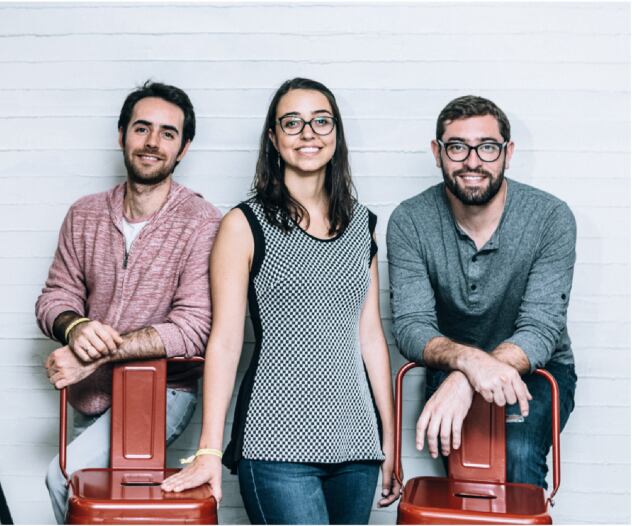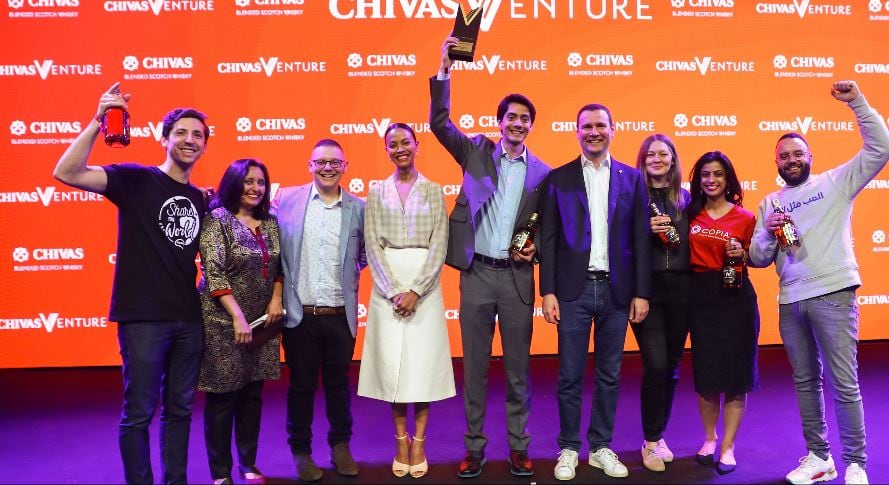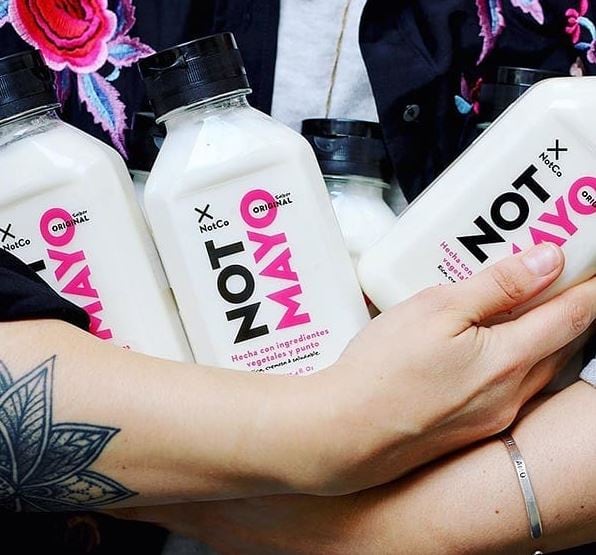Laboratoria began in 2014 as a web agency, Ayu, that found itself with a 100% male tech team simply because there were no female developers to hire. To fill this gap, Mariana Costa Checa, Herman Marin, and Rodulfo J. Prieto, who would subsequently become Laboratoria's founders, decided Ayu could train its own developers in-house. The result was so successful, they decided to roll out the training boot camp so other companies could also ensure more gender equality in the workplace.
The start-up has trained over one thousand women in Latin America so far, expecting to reach 1,500 by the end of 2019 and 5,000 in three years.
“We want to become the main source of female tech talent from Latin America to the world,” Salvador Alejandro Gutiérrez, Laboratoria’s communications coordinator in Mexico, told FoodNavigator-LATAM.
“Our network of hiring companies is growing every day, and with the digital transformation in Latin America in full swing, we are sure we'll have women from our network working in every industry,” he added.
Laboratoria’s selection process includes exams, pre-work, and real class dynamics, which allow it to collect over 600 data points for each candidate and identify those with a genuine talent for tech.
Successful candidates complete a six-month boot camp that trains them to become front-end web developers and UX designers. It then connects its graduates to recruiting companies through its TalentApp and Talent Fest hackathon.
From its headquarters in Lima, Laboratoria has expanded across Latin America and now has a presence in Santiago de Chile, São Paulo, Mexico City, Guadalajara, and the US (for partnerships).
Digital skills gap

According to a 2017 report by the Organization for Economic Co-operation and Development (OECD), 30 million young people in Latin America are not in education, employment or training, and 76% of these are women.
Laboratoria believes that millions of capable women in Latin America, who cannot afford quality higher education, are limited to a future of unemployment or informal work. However, the extent of Latin America’s lack of a digital skillset not only affects the young people but also industry.
Market research company International Data Corporation (IDC) estimates that Latin America currently has over 450,000 unfilled tech jobs.
“Most companies in Latin America can’t find the workforce with the skills they need,” said Laboratoria. “This becomes even harder for companies undergoing digital transformation.”
“Laboratoria's mission is to go out and find talent where no one else is looking"
Mark Zuckerberg, Facebook CEO, 2016
Big name clients: Walmart, Alicorp, and Engie
The problem also affects the agri-food industry.
“Women are not particularly under-represented in the Latin American food industry, actually they are a huge part of the working force,” said Gutiérrez. “The problem is that most of them have jobs on an operational level and management positions are still occupied by men."
So far, most of Laboratoria’s tech graduates have been hired by the insurance and banking sectors but it has worked with food industry players. Retail giant Walmart has hired Laboratoria graduates while Peruvian consumer goods manufacturer Alicorp took part in its corporate training program.
The macho mindset
According to Gutiérrez, the mentality regarding women working in high positions in certain sectors, such as tech or business, remains one of the biggest barriers.
“[…] One in every five Mexicans consider that it is more important for a man to receive education,” he told FoodNavigator-LATAM. “This mindset and the remains of the macho culture make it particularly difficult for a woman to become an entrepreneur.”
Laboratoria also runs a corporate training program for non-tech companies, helping them to develop the tools and mindset necessary for doing business in the digital era. So far, more than 600 individuals in Peru, Chile, and Mexico have taken part.




